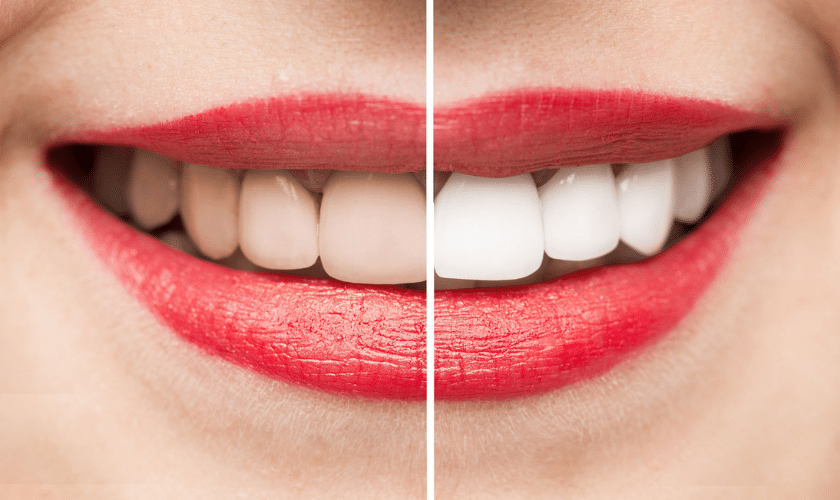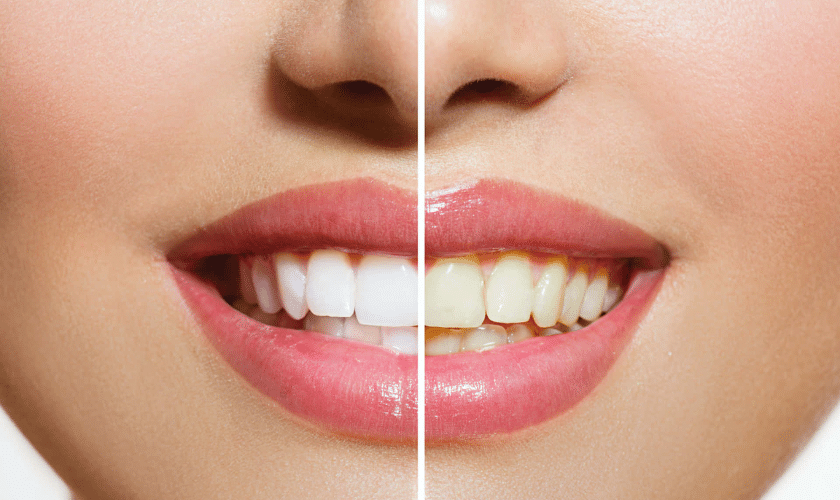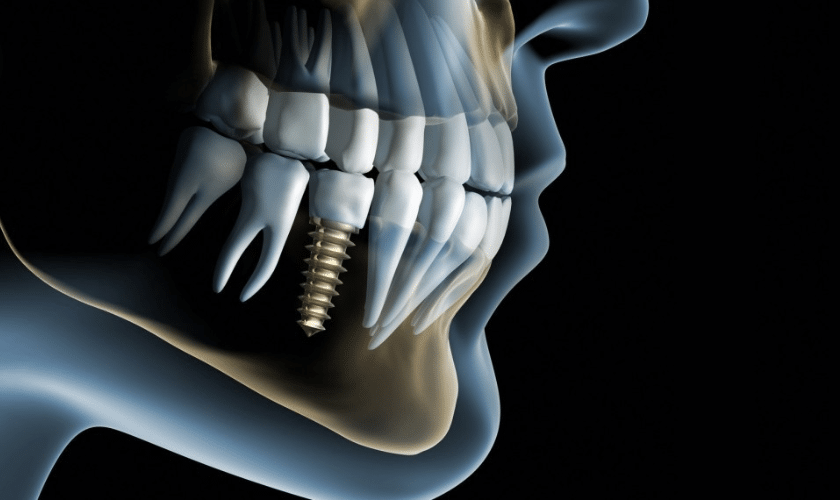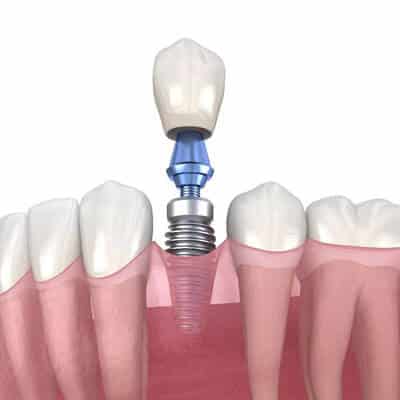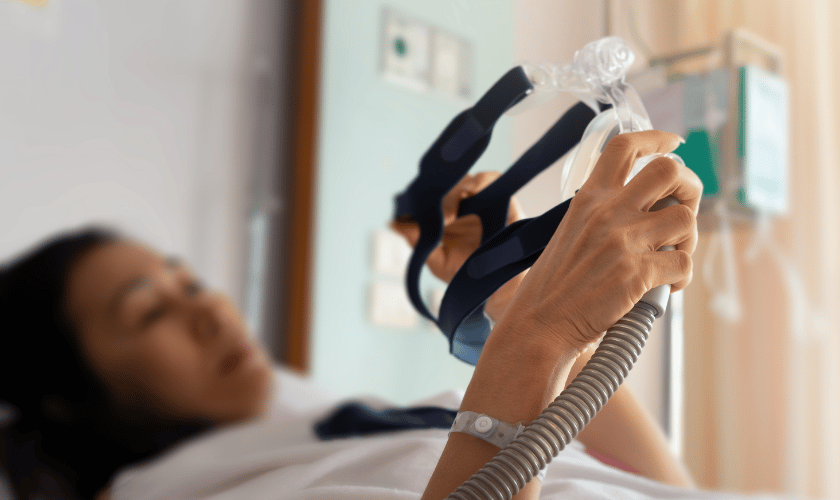
Sleep Apnea is a medical condition affecting millions of people worldwide. It’s a sleep disorder in which breathing stops and restarts during Sleep due to obstruction in the airway. Sleep apnea occurs when your throat muscles relax and can be obstructive (OSA) or central (CSA). Sleep apnea can have severe consequences on your health if not treated, including high blood pressure, stroke, and heart attack.
Symptoms of Sleep Apnea
To diagnose sleep apnea and determine the best course of treatment, it’s essential to be aware of the signs and symptoms. Common symptoms include loud snoring, waking up in the night gasping or choking, morning headaches, insomnia, and daytime fatigue. Other less common symptoms can include dry mouth upon waking, frequent bathroom visits during Sleep, irritability, or difficulty concentrating during the day. It’s important to note that not everyone with sleep apnea will experience all these symptoms.
Risk Factors
Certain risk factors can increase your chances of developing sleep apnea, including being overweight, having a family history of sleep apnea, smoking and drinking alcohol. Men are at higher risk than women, and it’s more common in people over the age of 40. Sleep apnea can also be caused by nasal congestion or blockage due to allergies, deviated septum or enlarged tonsils.
Diagnosis
Suppose you have sleep apnea. In that case, the first step is to discuss your symptoms with your doctor who will refer you for an overnight sleep study which usually takes place in a laboratory setting to monitor your breathing during Sleep. This will help diagnose the type and severity of your sleep apnea so that an appropriate treatment plan can be determined. Other tests such as chest x-rays, CT scans or MRI scans may also be ordered to help diagnose the cause of your sleep apnea.
Treatments
Sleep apnea can be effectively treated and managed with lifestyle changes, medical interventions or surgery. Lifestyle changes such as weight loss, quitting smoking, and avoiding alcohol before bedtime can help reduce symptoms of sleep apnea. Medical treatments such as continuous positive airway pressure (CPAP) therapy are also used to open airways while sleeping. Surgery is another option for treating sleep apnea and can include procedures such as tonsillectomy, adenoidectomy and nasal obstruction correction surgery.
Sleep Apnea Treatment Options
Once you have been diagnosed with sleep apnea, your doctor may recommend one or more treatments to help manage your symptoms. Here are some of the most common treatment options available:
CPAP Therapy
CPAP (Continuous Positive Airway Pressure) therapy is a device used for treating obstructive sleep apnea which delivers air through a mask that covers the nose and mouth while you sleep. It helps keep the airway open by providing continuous pressurized air and is usually recommended for people with moderate to severe cases of OSA.
Oral Appliances
Oral appliances are custom-made devices worn in the mouth to prevent obstruction of the airways while sleeping. They help reposition the jaw and tongue to help keep the airways open. Oral appliances are usually recommended for mild to moderate cases of sleep apnea and can be effective for people who can’t tolerate CPAP therapy.
Surgery
Surgery may be an option if lifestyle changes, medical interventions or oral appliances don’t work. Specific surgical procedures such as nasal obstruction correction surgery, tonsillectomy/adenoidectomy or UPPP (uvulopalatopharyngoplasty) can help reduce sleep apnea symptoms. However, it is essential to note that surgical treatments often have varying success rates and are not always guaranteed to provide relief from OSA.
Conclusion: Sleep Apnea is a Sleep Disorder that affects millions of people worldwide and can lead to serious health problems if left untreated. If you are suffering from Sleep Apnea, it is important to speak to your doctor about the best treatment options for you. With the right diagnosis and treatments, Sleep Apnea can be effectively managed so you can get a good night’s rest.
FAQs:
Q: What are the symptoms of Sleep Apnea?
A: Common symptoms of Sleep Apnea include loud snoring, waking up in the middle of the night gasping for air, insomnia and daytime fatigue. Other less common symptoms can include dry mouth upon waking, frequent bathroom visits during sleep, irritability, or difficulty concentrating during the day.
Q: Can I make any lifestyle changes to help manage Sleep Apnea?
A: Yes, lifestyle changes such as weight loss, quitting smoking and avoiding alcohol before bedtime can help reduce sleep apnea symptoms. Additionally, sleeping on your side or using a humidifier in the bedroom may also help.

